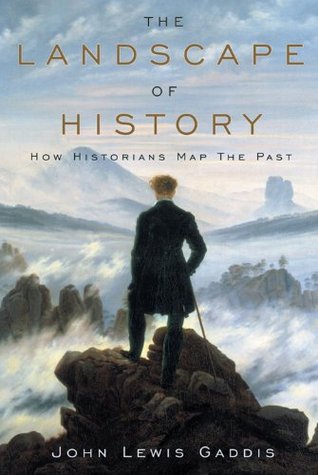Thucydides, unlike Crichton, is also a great generalizer. He meant his work, he tells us, for those inquirers “who desire an exact knowledge of the past as an aid to the interpretation of the future, which in the course of human things must resemble if it does not reflect it.” He knew that abstraction—we might even call it a Picasso-like separation from context—is what makes generalizations hold up over time.
Welcome back. Just a moment while we sign you in to your Goodreads account.


